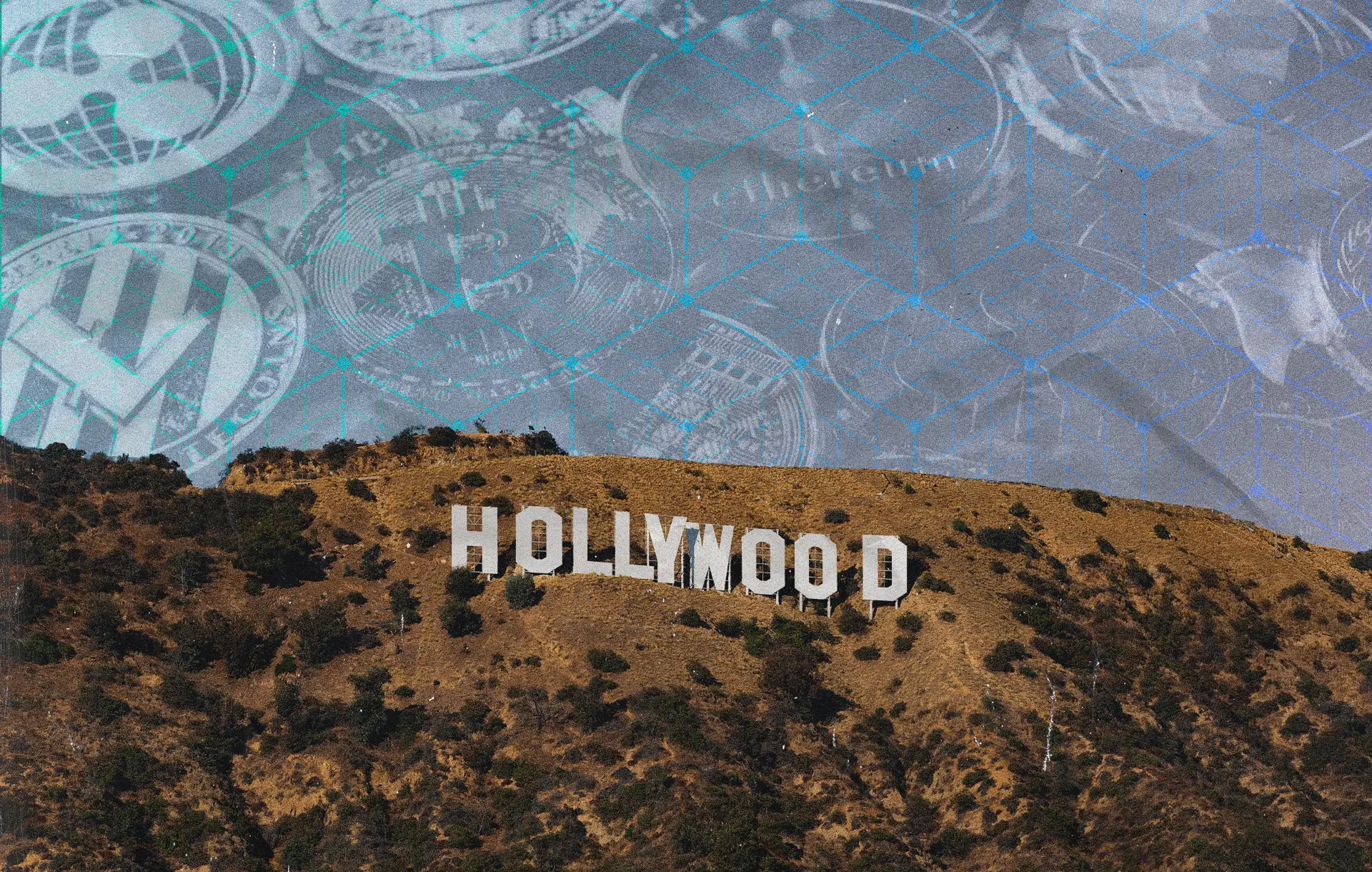Investing in blockchain, cryptocurrency, and the stock market has become the name of the game not only among people in finance but also in other industries. Nowadays, we see a ton of millennials and Gen Z’s raving about investing in blockchain technology because of its high return ― allowing them to retire and become millionaires before they even enter the workforce. As advancements like blockchain technology transform film production, it is equally essential to establish the right business structure; those setting up in the Golden State, learning how to start an LLC in California is an important first step.
Before you could even wrap your head around that fact, a newcomer called Non-Fungible Tokens (NFTs) quickly gained traction for its uniqueness, which sent the public into a frenzy when an artist named Beeple sold his digital art piece for $69.3 million. It is now considered one of the most expensive art pieces sold in the same caliber as renowned artists such as Picasso, Van Gogh, and Monet.
At the beginning of 2021, we saw an influx of artists, celebrities, and Hollywood studios jump in on the NFT craze. Let’s take a closer look into the world of NFTs and how this new trend paved the way for the entertainment industry to expand their income streams and use them to finance their film projects.
Riding the New Wave of Content Creation and Distribution
A non-fungible token or NFT is a “digital asset that represents real-world objects like art, music, in-game items and videos. They are bought and sold online, frequently with cryptocurrency,” via Forbes. It is part of the Ethereum blockchain, a type of cryptocurrency that is similar to Bitcoin and Dogecoin, and is used to purchase or sell an NFT through the marketplace. This particular blockchain stores all details of each transaction to its network and allows to keep track of all its current and previous owners.
The main characteristic of a non-fungible token is having a “unique digital identifier that cannot be copied, substituted, or subdivided, that is recorded in a blockchain, and that is used to certify authenticity and ownership (as of a specific digital asset and specific rights relating to it).” In other words, for every unique digital identifier or signature, there can only be one owner of a particular NFT, which many people equate to power, privilege, and prestige. On the other hand, NFT creators or artists greatly benefit from this as they are able to directly reach their target audiences without the need for a middle man or distributor.
Fox Entertainment announced its $100 million investment into a “creator fund” solely for the creation of NFTs
It was no surprise that it got Hollywood’s attention as NFTs revolutionized the way art or content is utilized and distributed. Some of the first major studios to make the daring move are Legendary Entertainment when they released two NFT collections in the same vein as Godzilla vs. Kong and Fox Entertainment announced its $100 million investment into a “creator fund” solely for the creation of NFTs. Its goal is to “operate a digital marketplace dedicated to commercializing characters, background art, and .GIF NFTs related to the series and other projects that join the platform” through its Blockchain Creative Labs program. The boom caused other studios and agencies like Marvel, Sony, Creative Artists Agency, and United Talent Agency (among others) to follow suit.
NFTs in Action
Whether you’re a novice or veteran filmmaker, for a film to go from script to screen, there must be an adequate source of funding from various investors, grants, and other third parties. With the rise of NFTs, filmmakers have found an opportunity to use blockchain technology to acquire the necessary funds to bring their vision to life. NFTs could also provide film audiences and enthusiasts a new way to experience content by giving them the power to choose what kind of project gets made, own exclusive memorabilia of posters, tickets, and other film keepsakes, and other limited perks that elevate the viewing experience.
“If you can build your own coin, you can have people buy it and use the money to make your movie. That’s basically a more advanced Kickstarter, although you would have to convert the money. I think the most likely scenario is the ability to sell NFTs of your work to make the budget back. If you have limited stills or art you sell as NFTs, you might be able to even sell them before the film to raise more money. The most important thing here is independence. You are not reliant on studios or financiers as long as the audience is paying to see the movie,” via No Film School.
One of Martin Scorsese’s producers, Niels Juul, expressed that a huge frustration that oftentimes comes with his job is securing the funds for projects. Most major studios focus on creating franchise films, leaving independent films and productions struggling for years to find investors and get the project off the ground. Eager to change the system, Juul thought of utilizing NFTs to fully fund films through his recently-launched production company NFT Studios.
[Niels] Juul’s upcoming confidential feature film is going to be Hollywood’s first NFT-backed project
It aims “to fund a series of films, hopes to raise between $8m and $10m (£6m and £7.5m) through the sale of 10,000 NFTs to the public and institutional investors.” Juul’s upcoming confidential feature film is going to be Hollywood’s first NFT-backed project and will give investors the opportunity to get a share of the profits and meet its cast.
NFTs have only been around for a few years and there is still a lot of ground to cover especially when it comes to understanding the risks and challenges involved. These include dealing with scammers, cryptocurrency’s effect on the environment, regulations, as well as the protection and ownership rights of artists. Just like with anything that involves money, one must do thorough research and be extremely cautious before engaging in deals and transactions. The NFT space has a lot of potential if used with the right intentions, just like what is being done so far in the entertainment industry. If NFTs could help find new voices, talent, and turn more dreams into reality, then maybe, it’s truly worth a shot.





